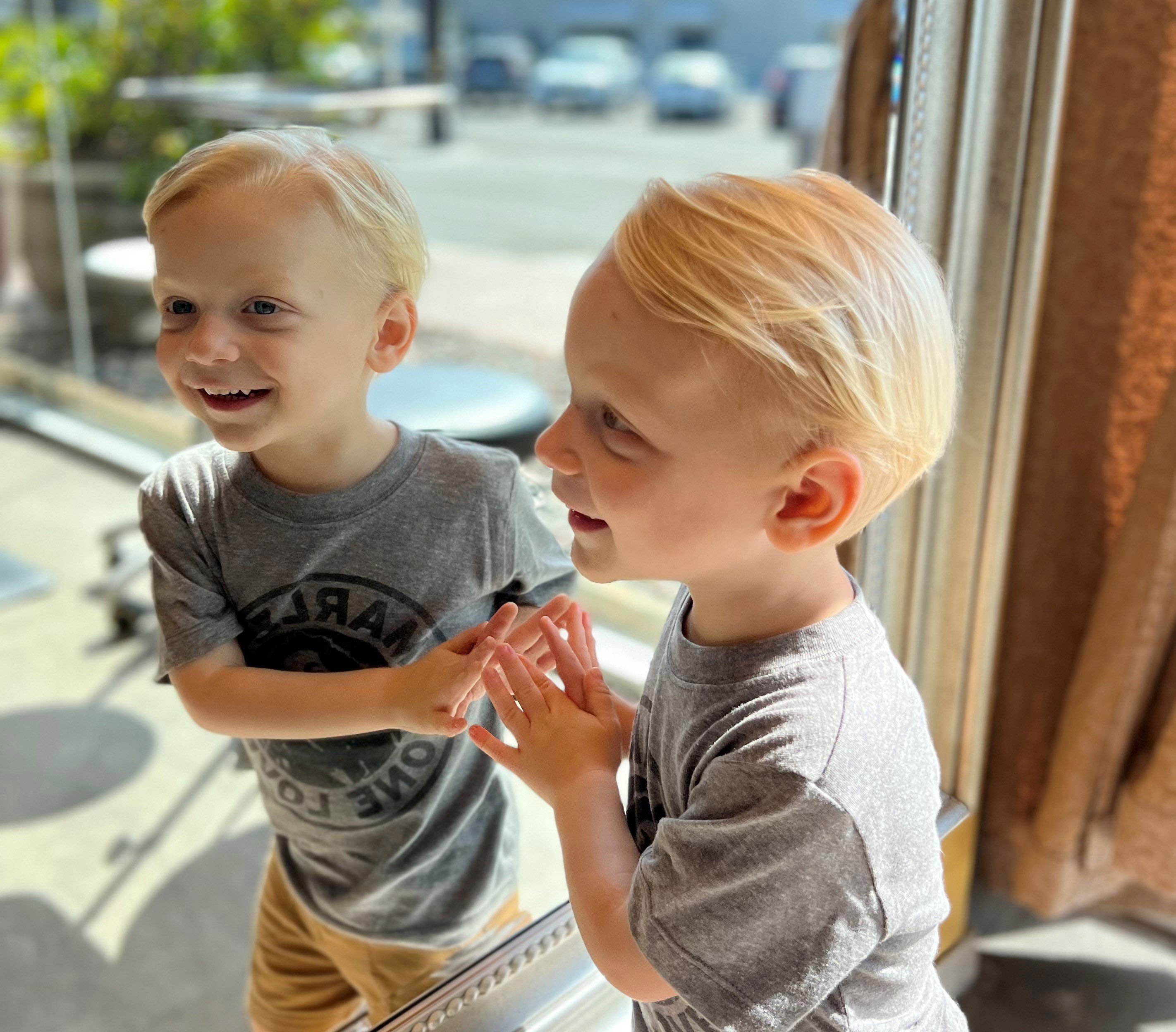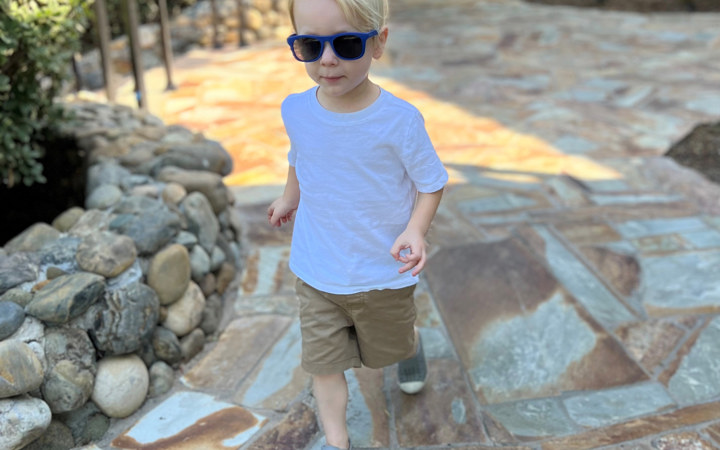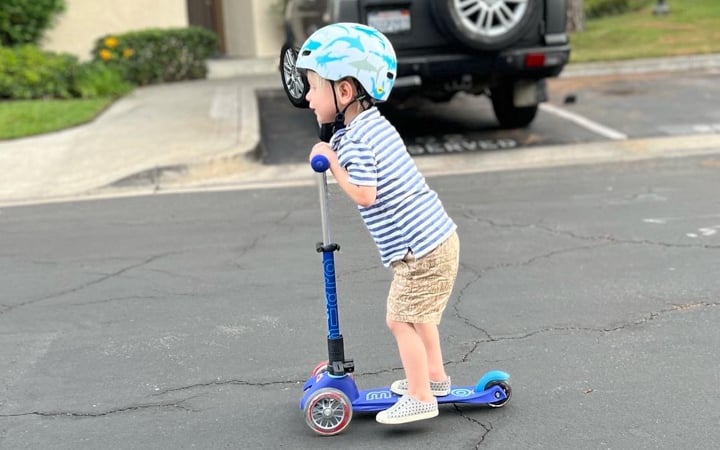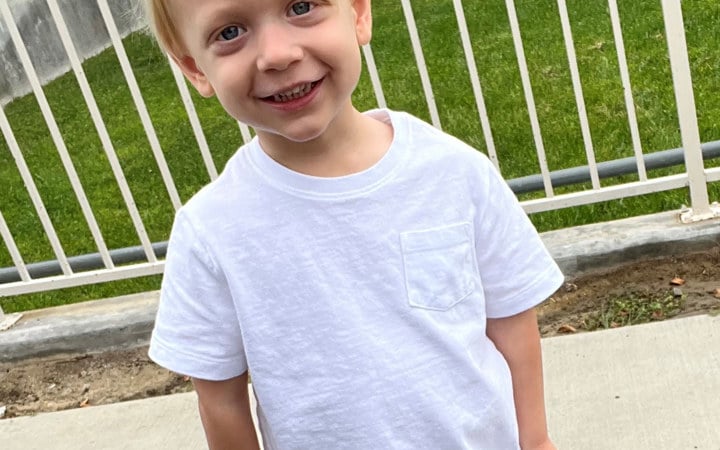- Doctors & Departments
-
Conditions & Advice
- Overview
- Conditions and Symptoms
- Symptom Checker
- Parent Resources
- The Connection Journey
- Calm A Crying Baby
- Sports Articles
- Dosage Tables
- Baby Guide
-
Your Visit
- Overview
- Prepare for Your Visit
- Your Overnight Stay
- Send a Cheer Card
- Family and Patient Resources
- Patient Cost Estimate
- Insurance and Financial Resources
- Online Bill Pay
- Medical Records
- Policies and Procedures
- We Ask Because We Care
Click to find the locations nearest youFind locations by region
See all locations -
Community
- Overview
- Addressing the Youth Mental Health Crisis
- Calendar of Events
- Child Health Advocacy
- Community Health
- Community Partners
- Corporate Relations
- Global Health
- Patient Advocacy
- Patient Stories
- Pediatric Affiliations
- Support Children’s Colorado
- Specialty Outreach Clinics
Your Support Matters
Upcoming Events
Colorado Hospitals Substance Exposed Newborn Quality Improvement Collaborative CHoSEN Conference (Hybrid)
Monday, April 29, 2024The CHoSEN Collaborative is an effort to increase consistency in...
-
Research & Innovation
- Overview
- Pediatric Clinical Trials
- Q: Pediatric Health Advances
- Discoveries and Milestones
- Training and Internships
- Academic Affiliation
- Investigator Resources
- Funding Opportunities
- Center For Innovation
- Support Our Research
- Research Areas

It starts with a Q:
For the latest cutting-edge research, innovative collaborations and remarkable discoveries in child health, read stories from across all our areas of study in Q: Advances and Answers in Pediatric Health.


Everett: Hirschsprung Disease and the Search for the Right Surgeon

When a child is born with Hirschsprung disease, surgery is inevitable, and it usually needs to happen within days of birth. That’s the reality Will and Bridget faced with their son, Everett. Finding the right surgeon is crucial, but with only days to research and prepare, it’s hard for parents to know if they did.
Everett had his first operation, a pull-through procedure, in California just weeks after being born. He spent nearly a month in the hospital after the operation due to complications. Everett continued to have issues with scar tissue due to complications from the first surgery and when it was clear that Everett wasn’t making progress, Will and Bridget decided to speak with another surgeon. The new surgeon said Everett would need another major surgery to help correct the issues. The surgeon admitted that she had never done the surgery before but would be happy to give it a try. That was when Will and Bridget realized they needed to find an expert in the field. Their search led them to Children’s Hospital Colorado.
Everett ended up having several more procedures at Children’s Colorado to help correct the first operation. Bridget says the difference she felt in talking to surgeons here was immediately clear.
“Speaking with the doctors at Children’s [Colorado] was so great, it was like a breath of fresh air,” she says. “They are extremely relational and intentional with the questions they ask and are also very reassuring.”
Charting a path forward for Hirschsprung disease surgery
From then on, Will and Bridget worked with our International Center for Colorectal and Urogenital Care (ICCUC) team to create a surgical plan. They even made the drive from California to Colorado (their first time across the Rockies – at night, in the middle of winter, with two toddlers) to ensure their son received the treatment he needed. Of course, that was at the height of the COVID-19 pandemic – after COVID-19 subsided a bit, they much rather prefer to fly.
When Will and Bridget made it to Children’s Colorado at Anschutz Medical Campus, they met with Alberto Peña, MD, and Andrea Bischoff, MD, Assistant Director of the ICCUC. Decades ago, Dr. Peña actually developed the surgical technique known as the pull-through procedure for anorectal malformations. Dr. Peña also helped to establish the Center at Children’s Colorado. Everett was Dr. Peña’s last patient before he retired.
After examining Everett, the doctors discovered that the first surgery in California had caused serious damage that needed repair. Even though the initial appointment at Children’s Colorado was only supposed to be an examination, the surgeons decided right then and there to perform the surgery while he was still under anesthesia.
Over the course of the next year or so, Everett’s condition improved as he continued to meet with the team for follow-up care. As his healing progressed, Everett met with Luis De La Torre, MD, Assistant Director of the ICCUC and worldwide expert in Hirschsprung, in hopes of resolving some remaining difficulties Everett was experiencing.
On the road to recovery from Hirschsprung disease treatment
Dr. De La Torre performed multiple surgeries on Everett to alleviate more problems caused by the first surgery. These included a neo-Malone procedure to enable Everett to have social continence and creating an ileostomy to divert waste away from the surgical site and into a collection bag outside his body to ensure healthy healing and reduce the risk of infection. Everett stayed positive throughout the whole process. And with the help of his parents, he named his ileostomy bag, “Frank,” which Bridget says helped lessen the foreign nature of having an ileostomy bag and recommends everyone do it.
Bridget jokes, “It’s much easier to say, ‘It’s time to empty Frank,’ than, ‘it’s time to empty the ileostomy bag.’ Frank almost became like another member of the family.”
Bridget can laugh about it now that the ileostomy has been closed and Everett is doing so well. Everett is now able to eat like a champ and feels great.
“Every morning he wakes up and asks, ‘Where are we going?’ and ‘What are we doing?’” Bridget says. “And he’s now able to eat whatever he wants, which has helped him gain strength and grow.” As Everett has been able to try more foods, he’s developed quite a palate – a palate more experimental than most 30-year-olds.
As Bridget says, “He’s a spunky 3-year-old who’s super adventurous and has become this bourgeois foodie who wants to try everything – I mean sushi, clam chowder, whatever it may be.”
“Everett is just so adventurous and full of life, looking forward to every day,” she says. “He just started a gymnastics class and every two seconds he runs over to the gate and says, ‘Momma, I’m having so much fun!’”
Everett has always been a brave kid with a big personality, but now he’s able to do things he wasn’t able to before. He might not have gotten to this point without dedicated parents who searched until they found the right medical team – and a dedicated medical team, too.
Looking in the rearview
Once Will and Bridget found the best team for their son, they didn’t look anywhere else. Everett continues to travel to Colorado for his follow-up care every six months.
“I have no desire to find another doctor,” Bridget says. “And anyone I come across who’s child might have Hirschsprung’s, I ask, ‘Who’s your doctor?’ When they say they’re not sure yet, I say, ‘You should call Children’s Colorado.’ I’ve sent two people over already.”
“I’m amazed at their bedside manner in general. Their relationality, their compassion and their expertise are just next-level,” she says. “It’s a different experience than I had with other doctors. I think the best word to describe it is ‘familial’ – I am essentially a patient, but I feel like I’m swept up into their family. I don’t send pictures of Everett to them because they expect it – I genuinely know they want to see them, and it does their hearts good.”
Will and Bridget are so glad they didn’t settle for the care they were first given and went the extra mile to find the best for Everett. To other patents and caretakers, Bridget says they should always follow their instinct.
“Believe that voice or spirit in you that says something may be wrong – and ask those questions,” she says. “Be kind, be humble, but be a somewhat annoying advocate for your child. Sometimes I think there’s this fear, where you think, well I’m not the doctor. But I think it’s important to come with the perspective of saying, ‘Something feels off, can we look into this?’ That’s something I try to impart to people – you live with that child 24/7, you are the expert on them. Your voice and your perspective matter.”



 720-777-0123
720-777-0123







